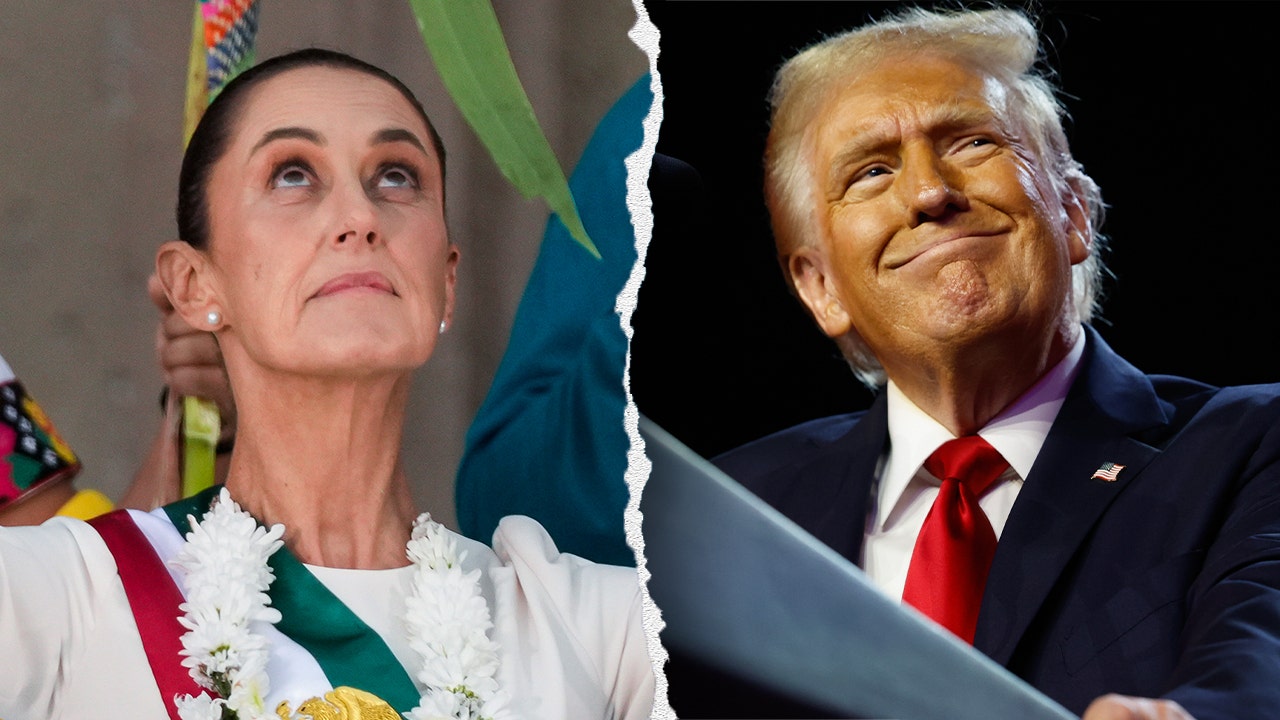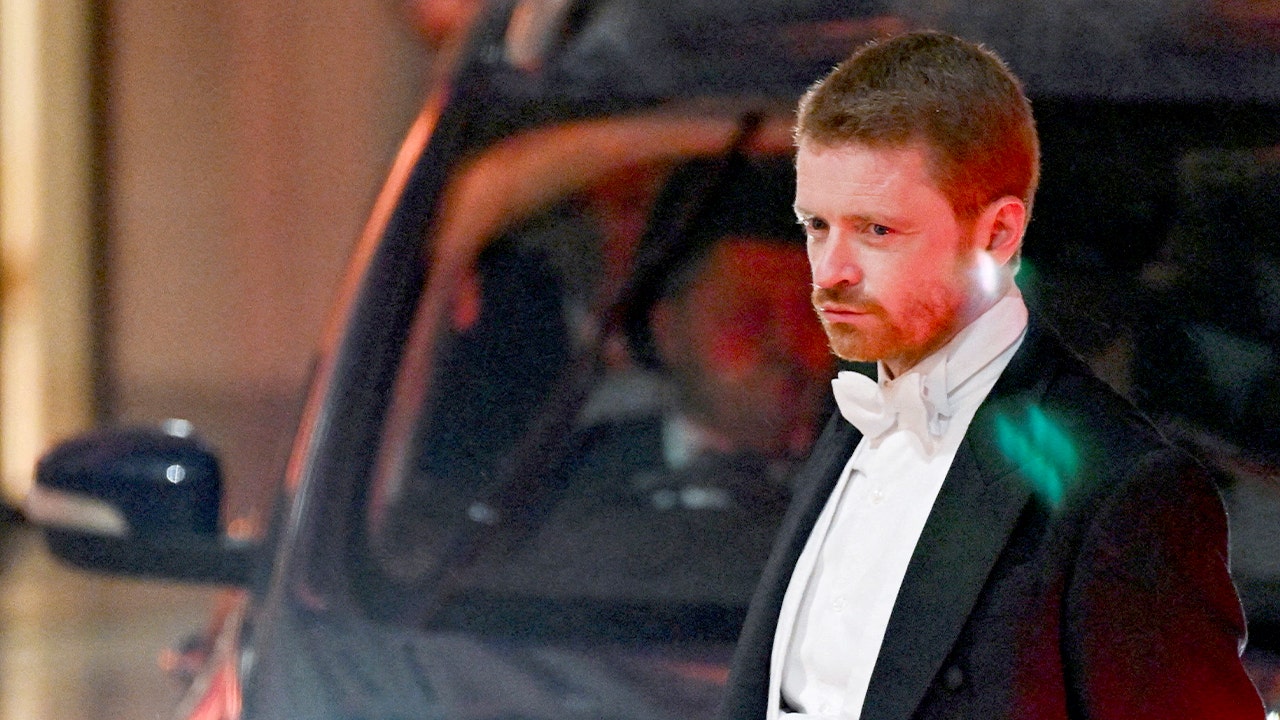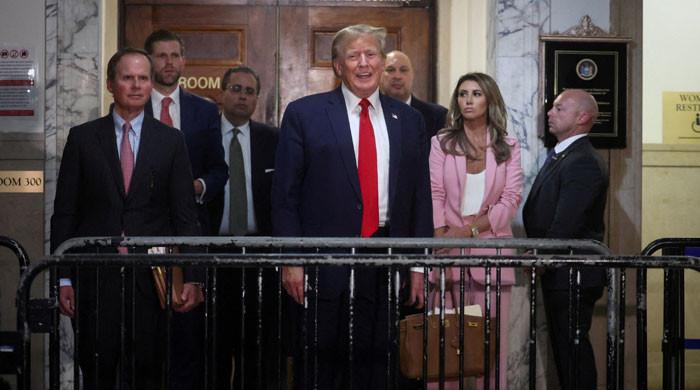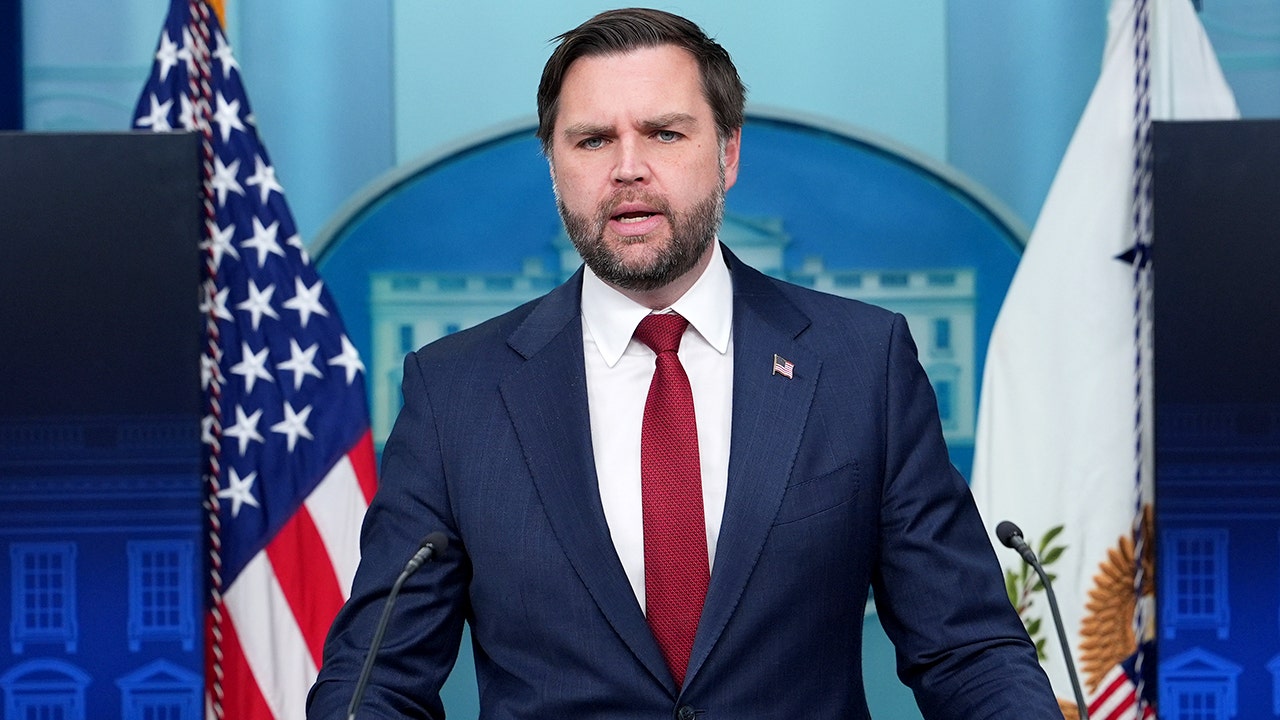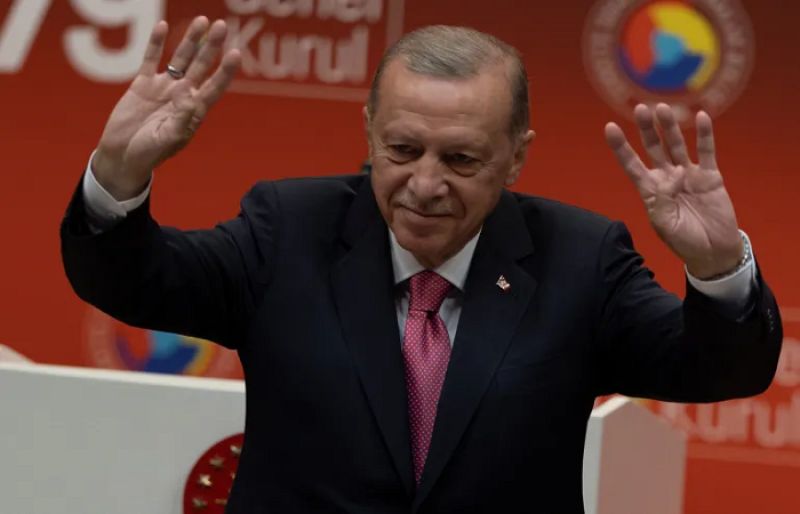Gunshots could be heard in the background, though police said no one was injured. Security forces detained about 10 of the alleged assailants, some of whom appeared to be members of the powerful gangs Los Tiguerones and Los Lobos, senior intelligence officials told The Washington Post.
The TV station takeover was one of several attacks across the country in a chaotic 24-hour period, police said, including about 30 car explosions and the kidnapping of seven police officers. Riots have also broken out at several prisons, with reports that dozens of guards were held by armed men.
The attacks appeared to be coordinated, intelligence officials told The Post, speaking on the condition of anonymity because they were not authorized to discuss the details.
Two intelligence officials, from the police and the armed forces, told The Post that they believed the operation was orchestrated by the gang Los Lobos — and may have been intended as a message to a government that has been planning to transfer top gang leaders to maximum-security prison wards.
On Monday, President Daniel Noboa had declared a state of emergency after the country’s most notorious gang leader escaped from a prison. In his Tuesday decree, Noboa directed the military to intervene in the escalating crisis and declared several gangs as terrorists.
“What we are living is proof that things need to change in our country,” Noboa said in a video statement Monday. “The time when drug traffickers, hit men and organized crime tells the government what to do is over.”
As the cameras rolled at the TC Televisión station, at about 2 p.m., journalist Alina Manrique heard a commotion on set. Then, gunshots and screams. She quickly hid with her colleagues in a bathroom.
“They took us hostage,” Manrique said later through tears. “It was frightening. They tore off my necklace and put a gun to my head.”
The intruders held the staff for about 40 minutes, pointing rifles and pistols directly at them.
“They turned off the lights and I thought I was going to die,” Manrique said.
As chaos consumed Guayaquil, the presidential complex in the historical center of Quito, the capital, was evacuated.
No deaths or injuries have been reported, leaving the impression that Tuesday’s attacks were primarily intended to stoke fear.
Intelligence analysts said that the attacks may have been triggered at least in part by a recent investigation into links between drug traffickers, criminal gangs and political operators, an operation known as Metastasis. About two dozen top security officials and judges were arrested last month for alleged criminal activity benefiting a drug trafficker.
Once considered a peaceful haven in the region, Ecuador has faced a historic wave of violence in recent years, as the country has become a critical cocaine transit point and gangs compete for control of drug routes and prisons. Hundreds of inmates have been killed in recent years in bloody prison battles, as homicide rates and drug seizures have soared to record levels.
Noboa, a millennial heir to a banana empire, was sworn into office late last year, promising to bring control to the country after a deadly election cycle: Fernando Villavicencio, who was running for president on promises to crack down on links between criminals and politicians, was assassinated as he was leaving a campaign rally days before the first round of voting. Seven suspects in his killing were later found dead in prison.
The declaration of a state of emergency, a tool frequently used by Noboa’s predecessor, came after the prison escape of José Adolfo “Fito” Macías Villamar, a convicted murderer and head of Los Choneros, a powerful gang that reportedly partners with the Sinaloa Cartel to move cocaine to the United States.
Roberto Izurieta, a government spokesman, said in a television interview that authorities planned to transfer Macías to a maximum-security prison and that the escape occurred because someone had leaked information about the plan to the gang leader.
In August, then-president Guillermo Lasso sent thousands of security personnel into the Guayaquil prison and transferred Macías to a maximum-security prison. Just weeks later, a judge authorized Macías’s return to the regional prison. In response, Macías released a high-production-value music video in the style of a traditional Mexican “narcocorrido” ballad, taunting a government that had proved incapable of seizing its prisons back from the gangs.
This week’s chaos shows that Ecuador has not only lost control of the prisons and streets, but also the country’s security apparatus, said Ecuadorian law professor David Cordero-Heredia. He argued that Noboa’s executive order Tuesday was a mistake, because it grants an elevated “political status” to the country’s gangs, by defining them as terrorists, and grants expanded powers to security forces suffering from alleged corruption at the highest levels.
“They think they are commanders of a force that should be obedient to them,” he said of Noboa and his predecessor. “But they find [the security forces] have their own agenda.”
Despite three security rings in the country’s prisons, Ecuador’s most important gang leader managed to escape, “mocking the security of prison guards, police and military,” Cordero-Heredia said.
“This only shows that the country’s security forces are not at the service of the government,” he said, “but are heavily infiltrated and at the service of organized crime.”
Ana Vanessa Herrero in Caracas, Venezuela contributed to this report. Schmidt reported from Bogotá, Colombia.


